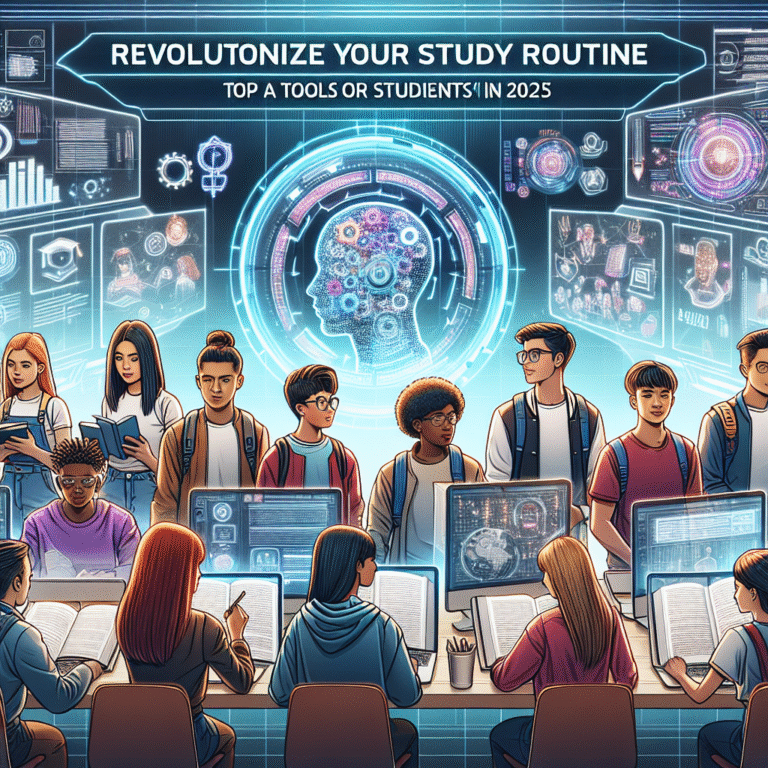In a world where the boundaries between human skill and technology blur, the emergence of Robots in AI-Powered Football is not just a sci-fi fantasy—it’s a reality unfolding in China. This robotic revolution in sports challenges our understanding of athletics, raising questions about the essence of competition and the future role of humans in sports. Could these mechanical prodigies redefine the game we know and love? As China leads the charge in integrating Artificial Intelligence into football, it invites us to explore a paradigm shift that could forever alter the landscape of sports. Is this the dawn of a new athletic era, where human prowess meets technological precision, or a cautionary tale of tradition overshadowed by innovation? This opinion piece delves into the implications of AI’s rise in sports, pondering whether the beautiful game will remain a human endeavor or evolve into a digital spectacle.
A New Era of Sports: Robots in AI-Powered Football
In my view, the introduction of robots in AI-powered football represents a groundbreaking shift in how we perceive both sports and technology. It’s like watching a symphony where machines, rather than humans, are the musicians. Each robotic player, guided by Artificial Intelligence, maneuvers with precision and speed that human athletes can only aspire to. While traditional football relies on human intuition and experience, this new format showcases the raw computational power and strategic acumen of AI. The game is no longer just a test of physical prowess but a display of advanced algorithms and machine learning capabilities.
The Ethical Dilemmas: Are We Losing the Human Touch?
Yet, it’s crucial to consider the ethical implications of robots in AI-powered football. The charm of sports lies in its unpredictability and the human stories that unfold on the field. With robots, we risk losing this emotional connection. Imagine a World Cup final where instead of Messi or Ronaldo, you have a team of mechanical players executing flawless plays with no room for error. The narrative shifts from human triumphs and defeats to mere technical efficiency. This raises important questions about the soul of sports. Are we willing to sacrifice the unpredictable nature of human play for the sake of technological advancement? Or is there a middle ground where both can coexist?
Technological Advancements: Beyond the Football Field
Perhaps the biggest challenge is reconciling the advancements of robots in AI-powered football with our expectations of the sport. These machines are not just athletes but also testbeds for broader technological applications. The innovations seen on the field could influence sectors ranging from healthcare to autonomous vehicles. For instance, the algorithms that optimize a robot’s movement in a football match could similarly enhance the efficiency of a self-driving car. Thus, while the immediate spectacle is captivating, the implications of these advancements extend far beyond the stadium.
Conclusion: A Future of Possibilities
In conclusion, robots in AI-powered football signify more than just a novel sporting event; they herald a future where technology and human experience must find a delicate balance. While the allure of precise, machine-driven gameplay is undeniable, we must not overlook the intrinsic value of human participation and emotion in sports. As we stand on the brink of this new era, it’s imperative to reflect on what we cherish most about sports and how we can integrate technological progress without losing the essence of the game. The conversation is just beginning, and its outcome will shape the future of both sports and technology.






